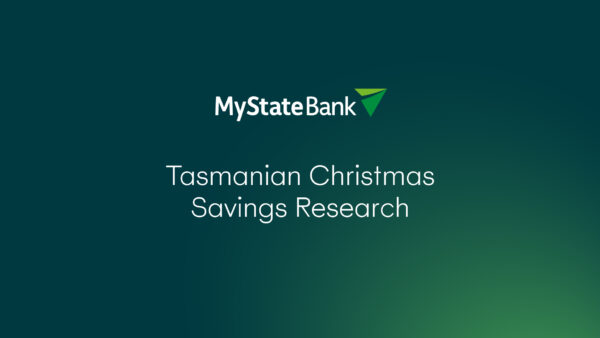Think before you click during tax time

Stay safe and protected against tax scams!
It’s that time of the year where many of us are getting ready to lodge our tax returns (if we haven’t done so already). During this time, it’s very important to keep an eye out for tax scams. Tax time could really be taxing if you give out personal details to scammers impersonating the Australian Taxation Office (ATO).
Scammers posing as the Australian Taxation Office, have had considerable success over the years. According to a recent Australian Competition and Consumer Commission report, scams targeting Australians last year cost an estimated $851 million and unfortunately this number is trending upwards.
Scammers tactics…
Cybercriminals are increasing their attacks through phone calls, texts and emails as they prey on people’s fears of getting into trouble with the ATO. The attacks over the phone are becoming more direct and often threatening, they can accuse their victims of having years of unpaid taxes and are very clever at quoting official-sounding legislation.
Warning signs
- The message is unexpected and is not from a legitimate @ato.gov.au email address.
- The message may contain poor spelling and grammar.
- Beware of Robocall’s trying to convince you that you owe a tax debt.
- The link doesn't take you to the authentic ATO website
- You receive an urgent message to call a number.
- The caller acts in an abusive and inappropriate manner and threatens arrest.
- They ask for you to make a payment so you can get a refund.
- Ask you to make a cash withdrawal from your bank account.
- Ask for payment by gift cards or in cryptocurrency.
- Suggest you make a payment via a swift transfer or Western Union.
Stay safe
- The ATO will never ask you to make a payment into a bank account not held by the Reserve Bank. Always contact the ATO directly for the correct payment options for tax debts.
- The ATO will not use email, text messages or social media to request an update of personal information or supply of a TFN, credit card or bank details.
- Don’t be pressured by a threatening caller, simply hang up.
- Don’t respond to unknown texts or emails.
- Never provide your personal details.
- Never pay tax by iTunes, gift card or Bitcoin.
If you are suspicious of some communication you’ve received, the best way to react is to not react at all. Ask yourself the question – “is this unusual in any way?” Scammers rely on victims acting quickly on impulse and not giving them time to really think. If you’re ever unsure whether it’s really the ATO, do not reply, call the ATO directly to check. For further information on current ATO scams visit the ATO website.



